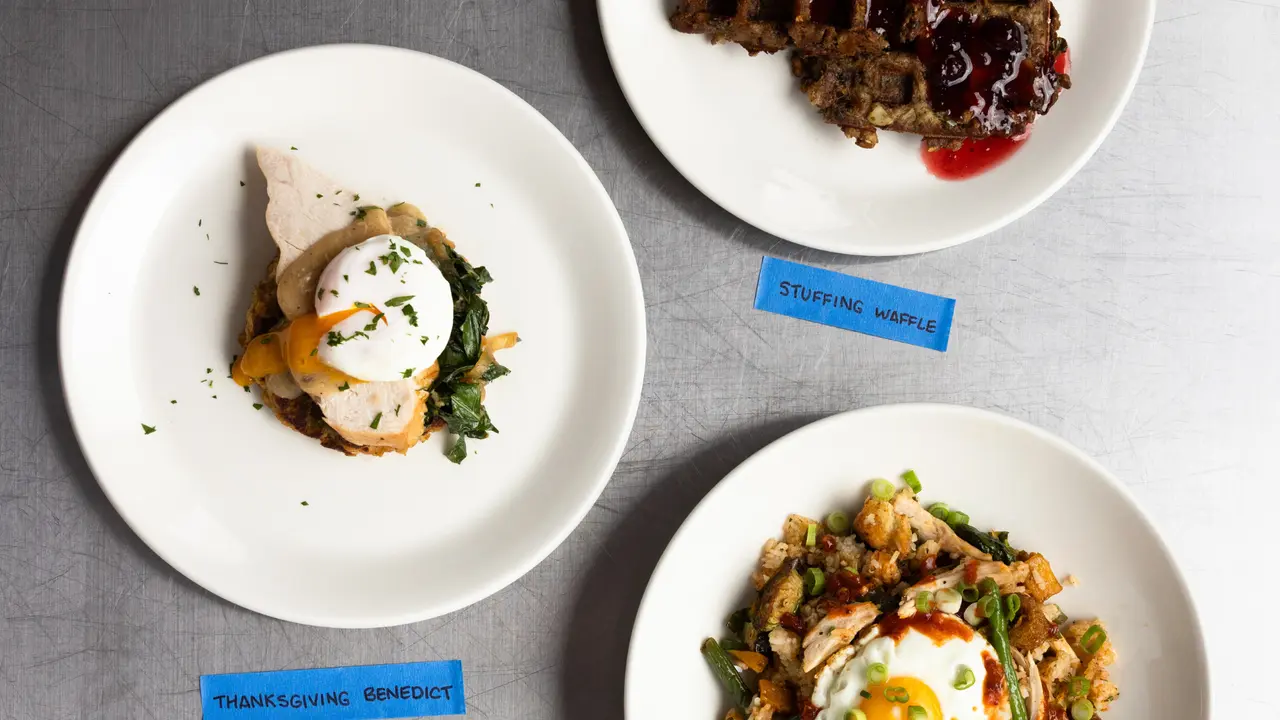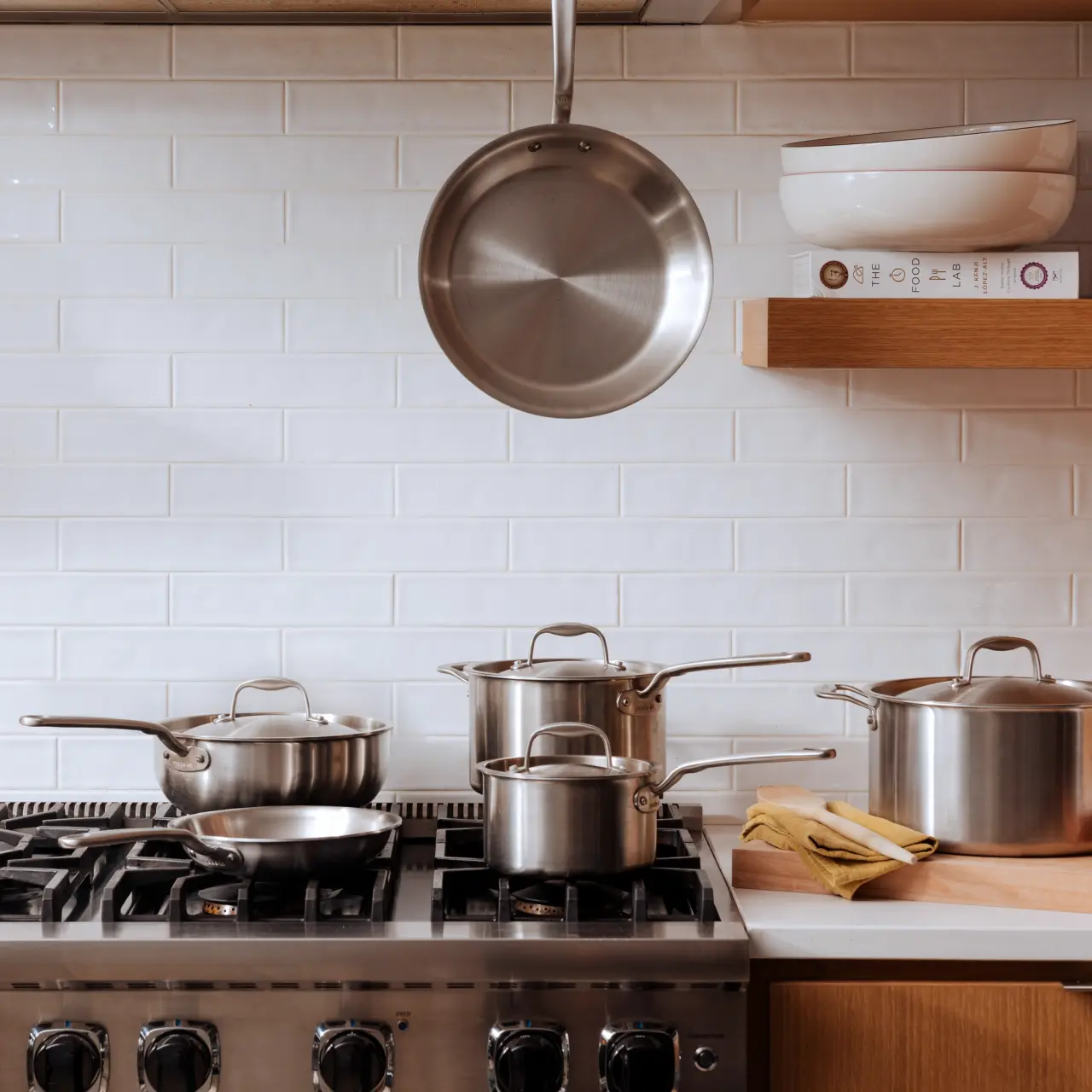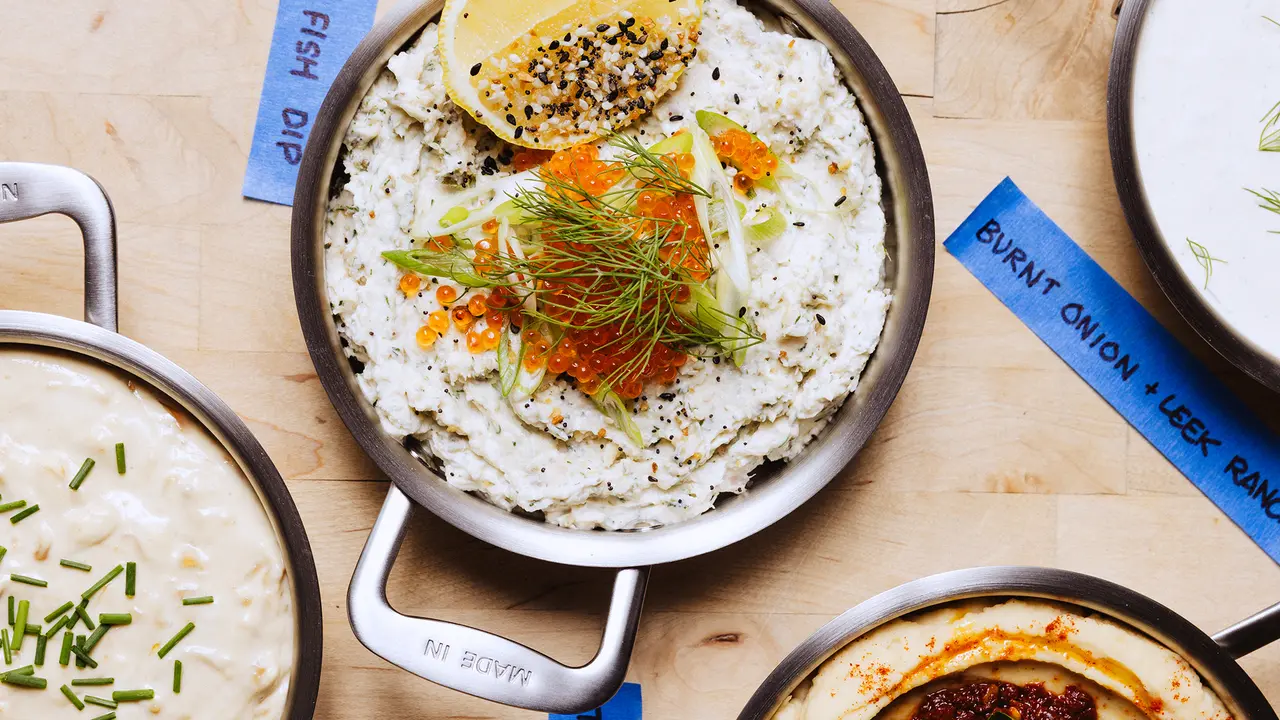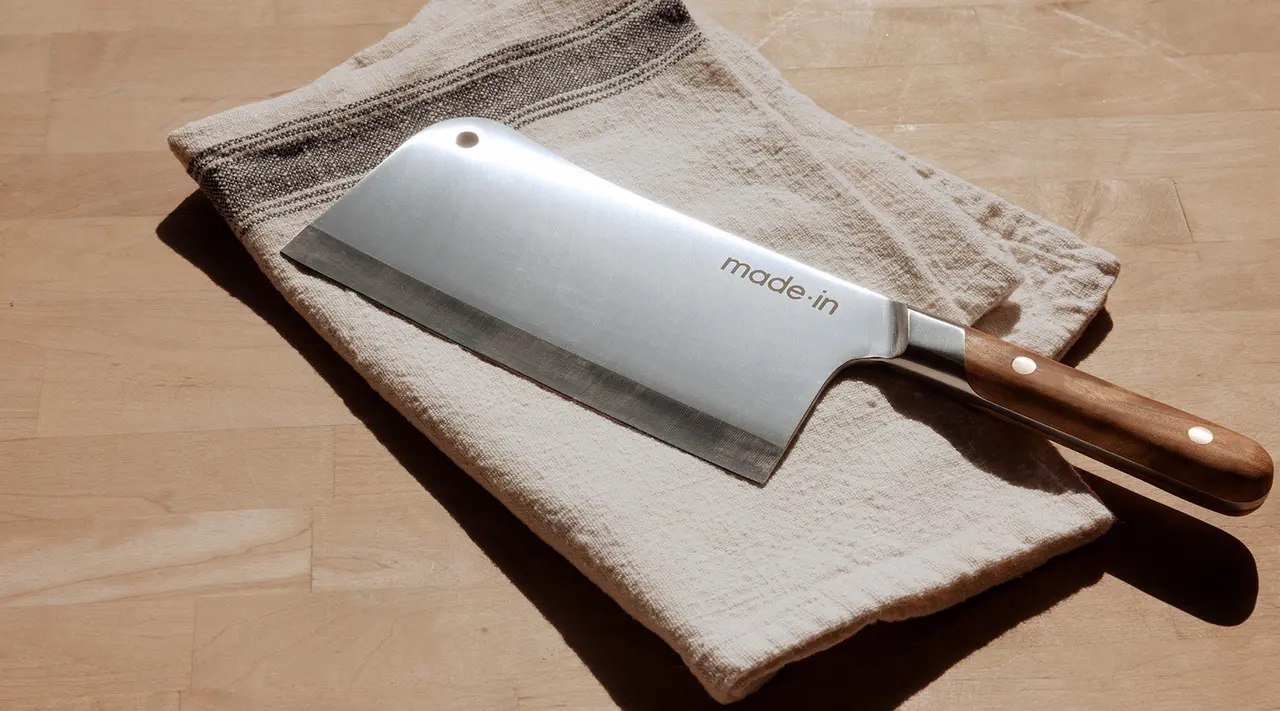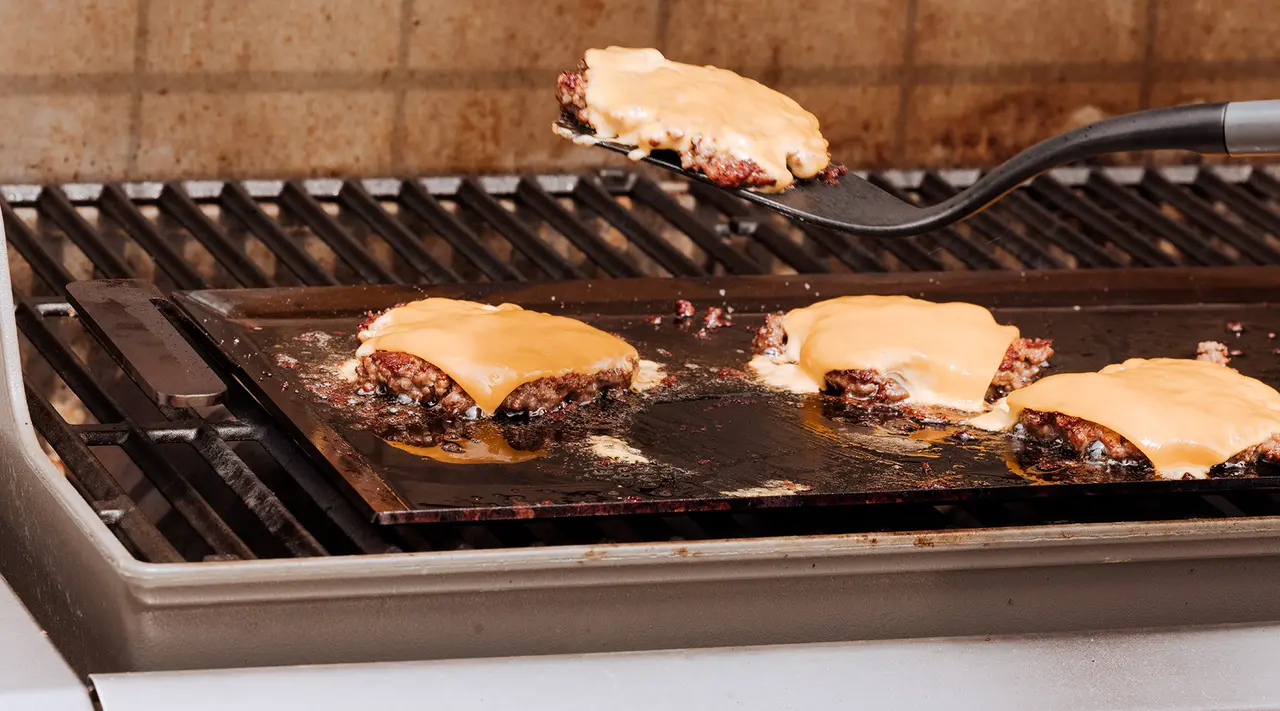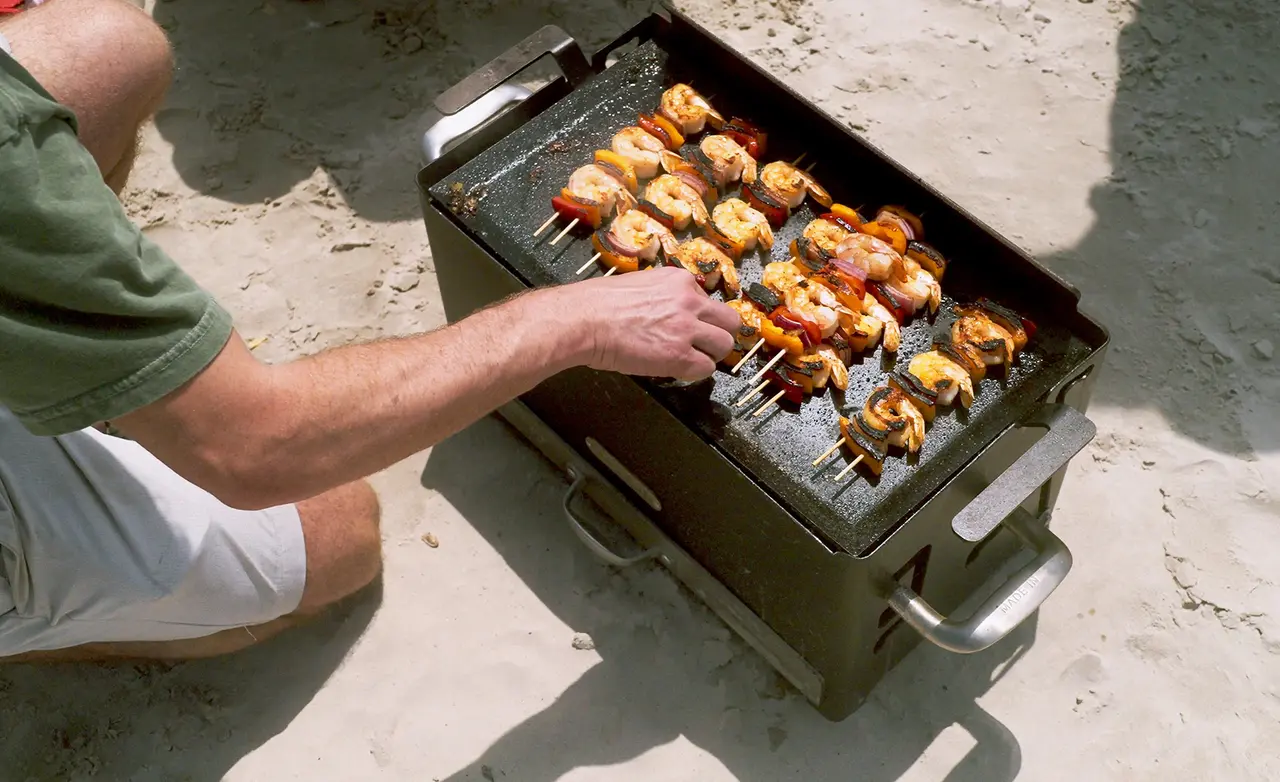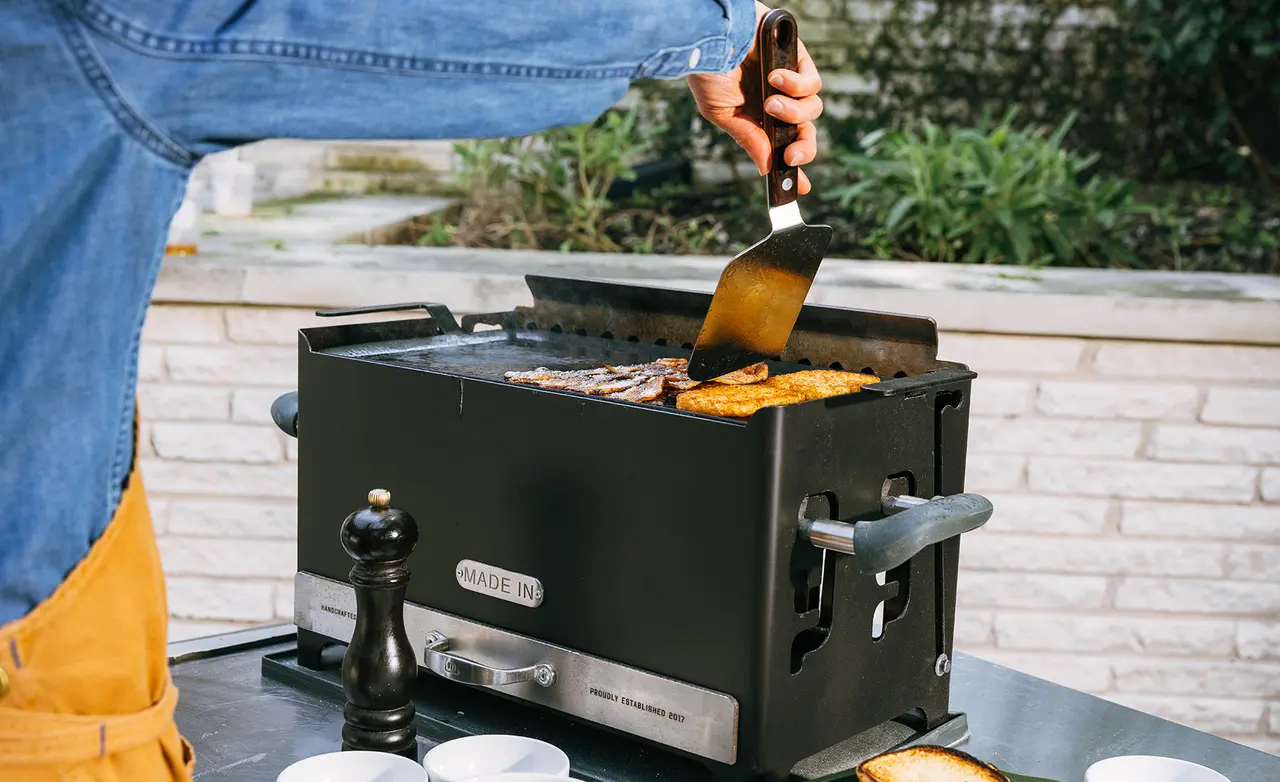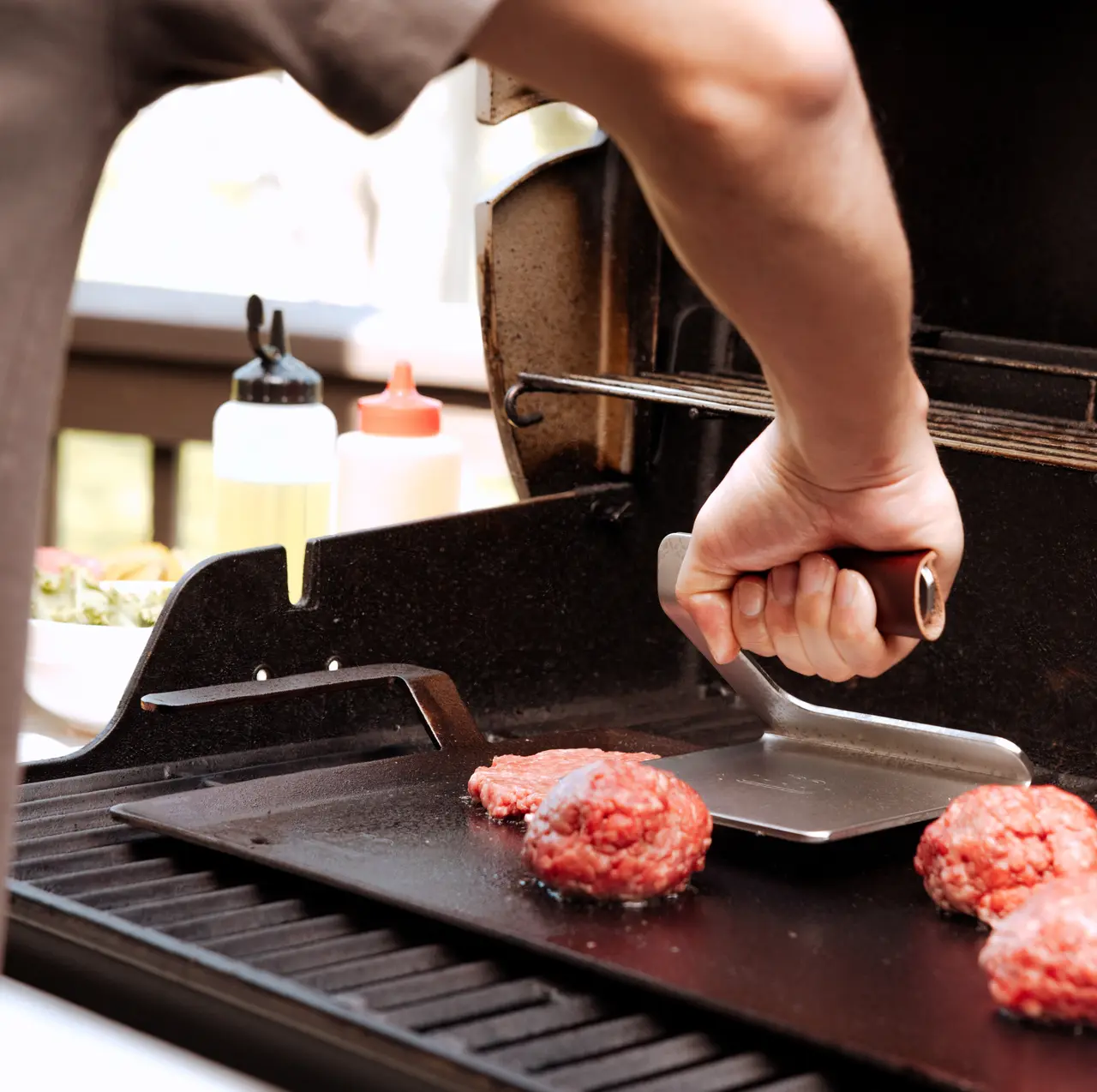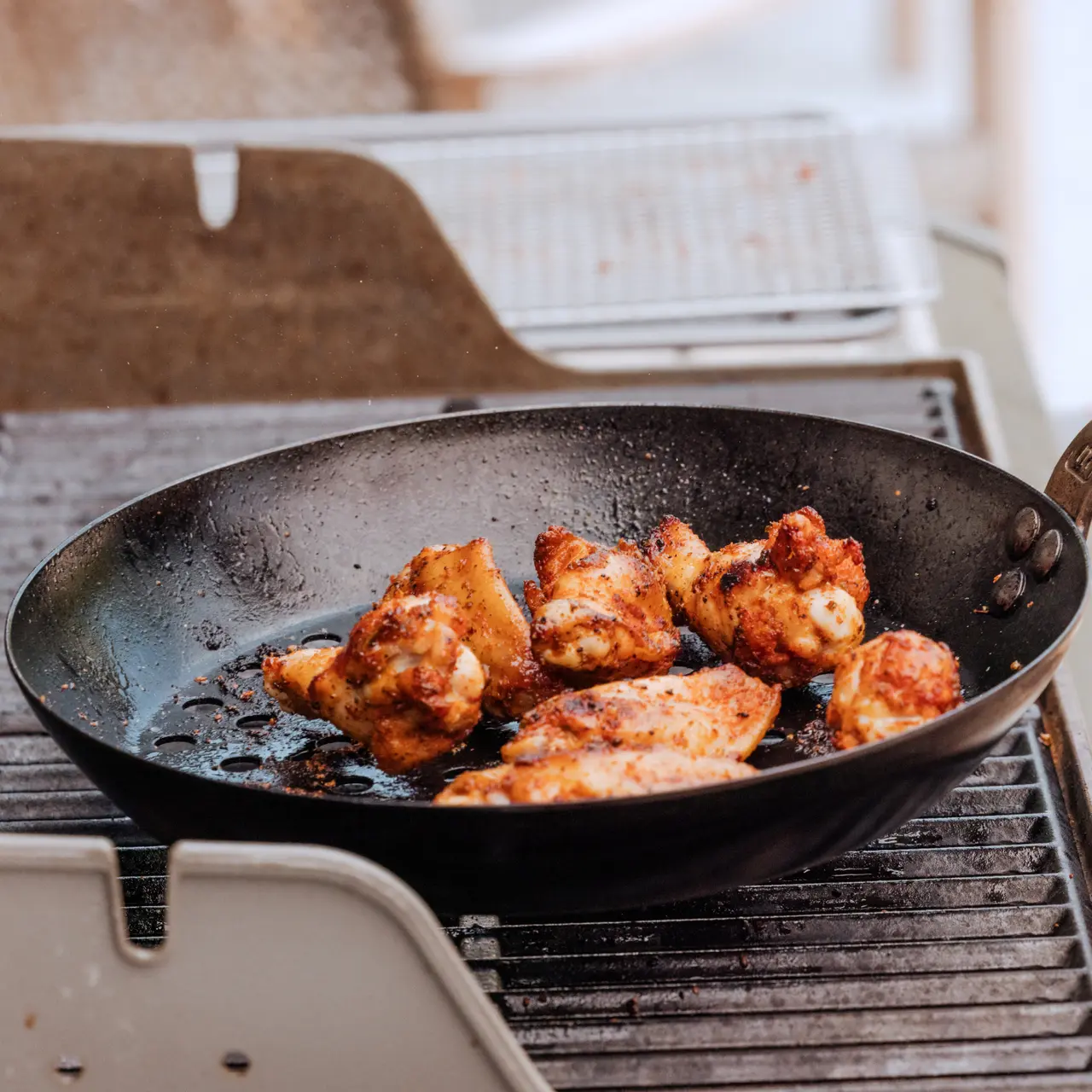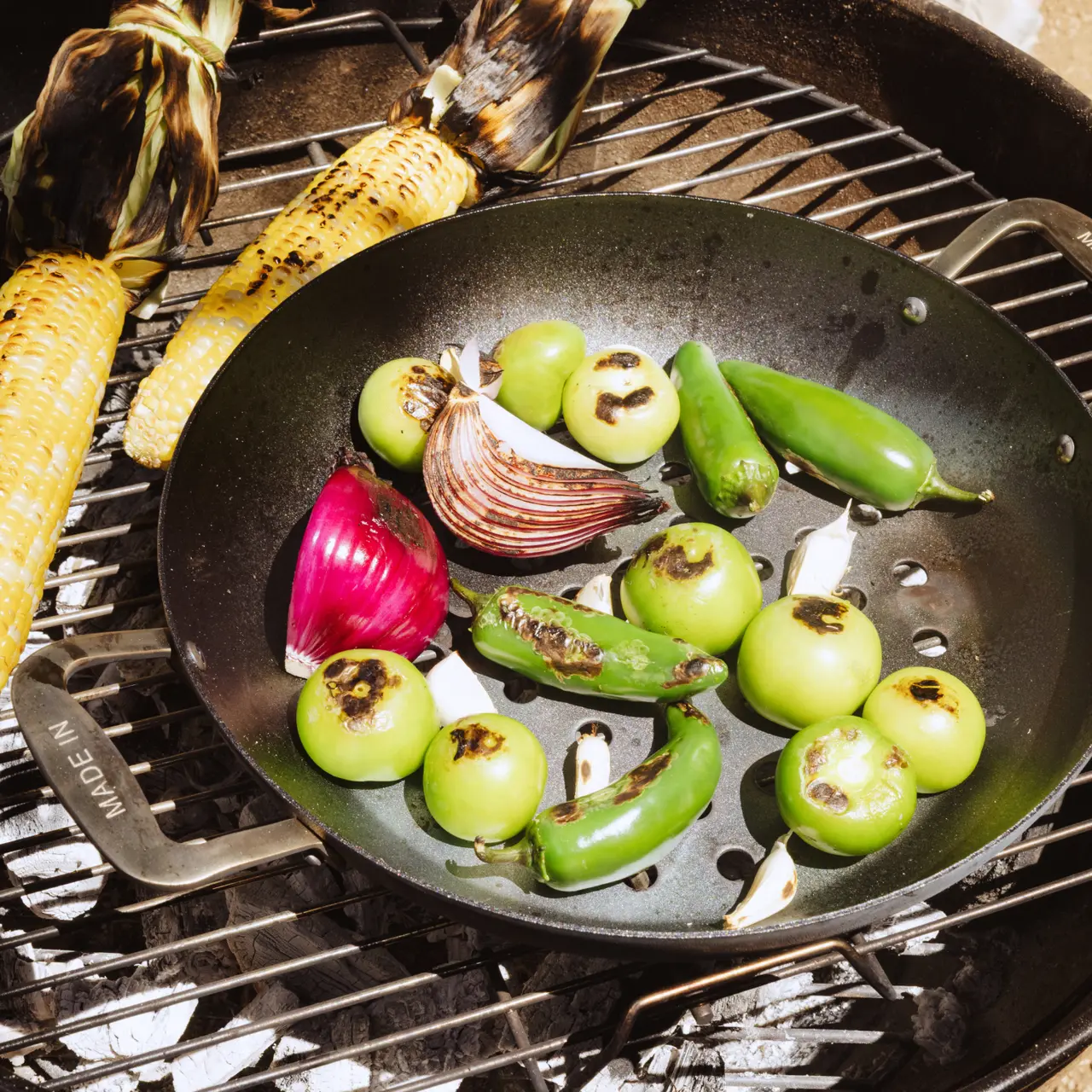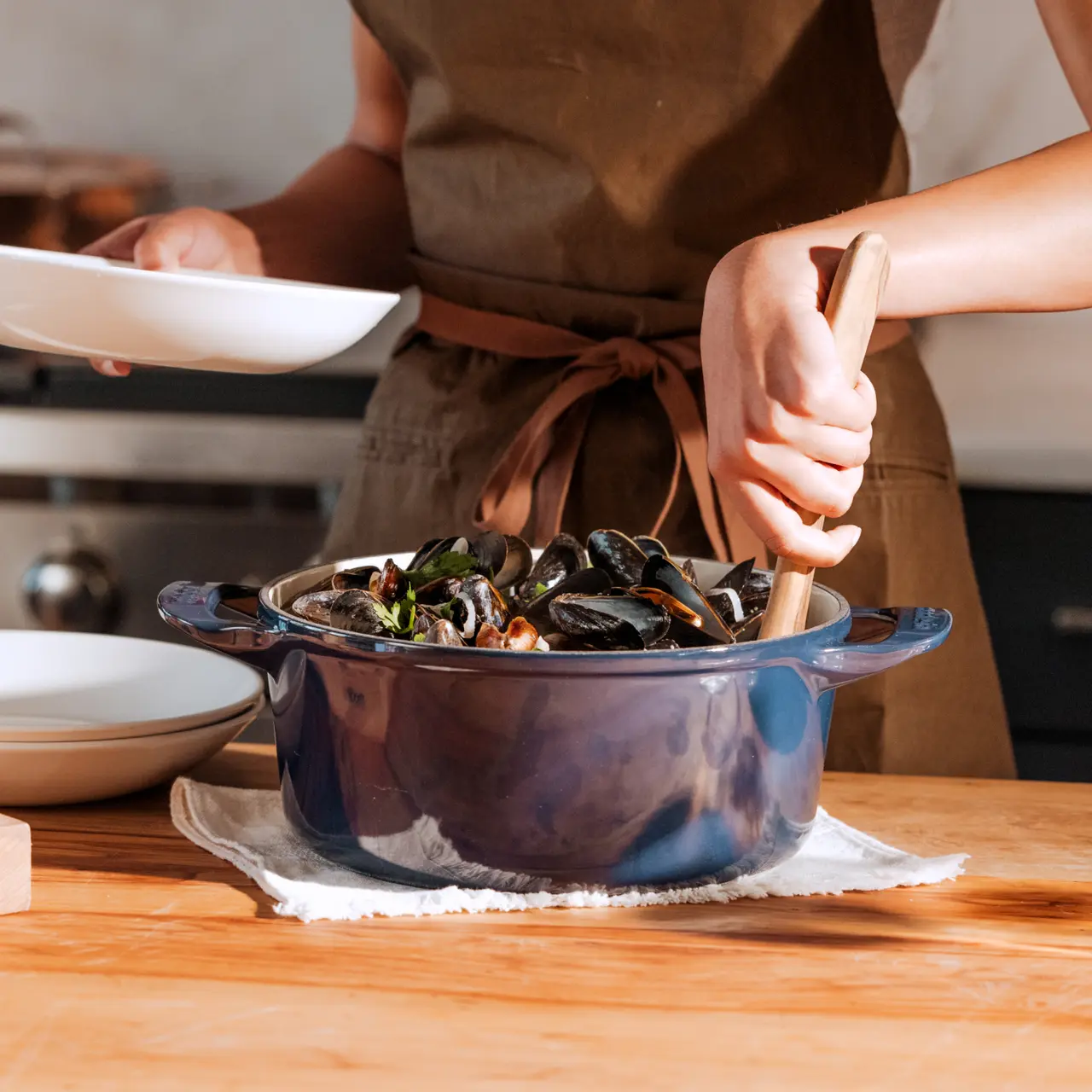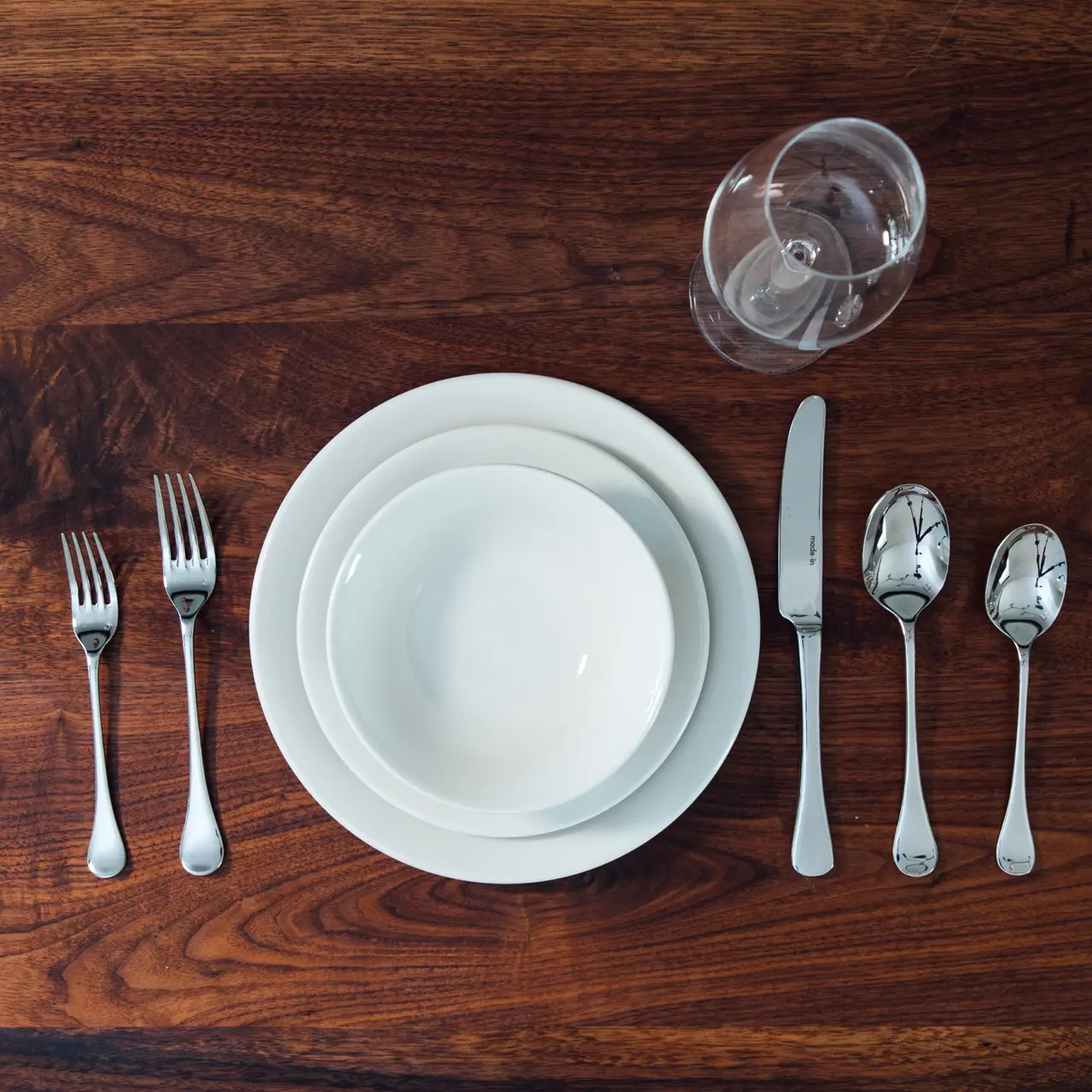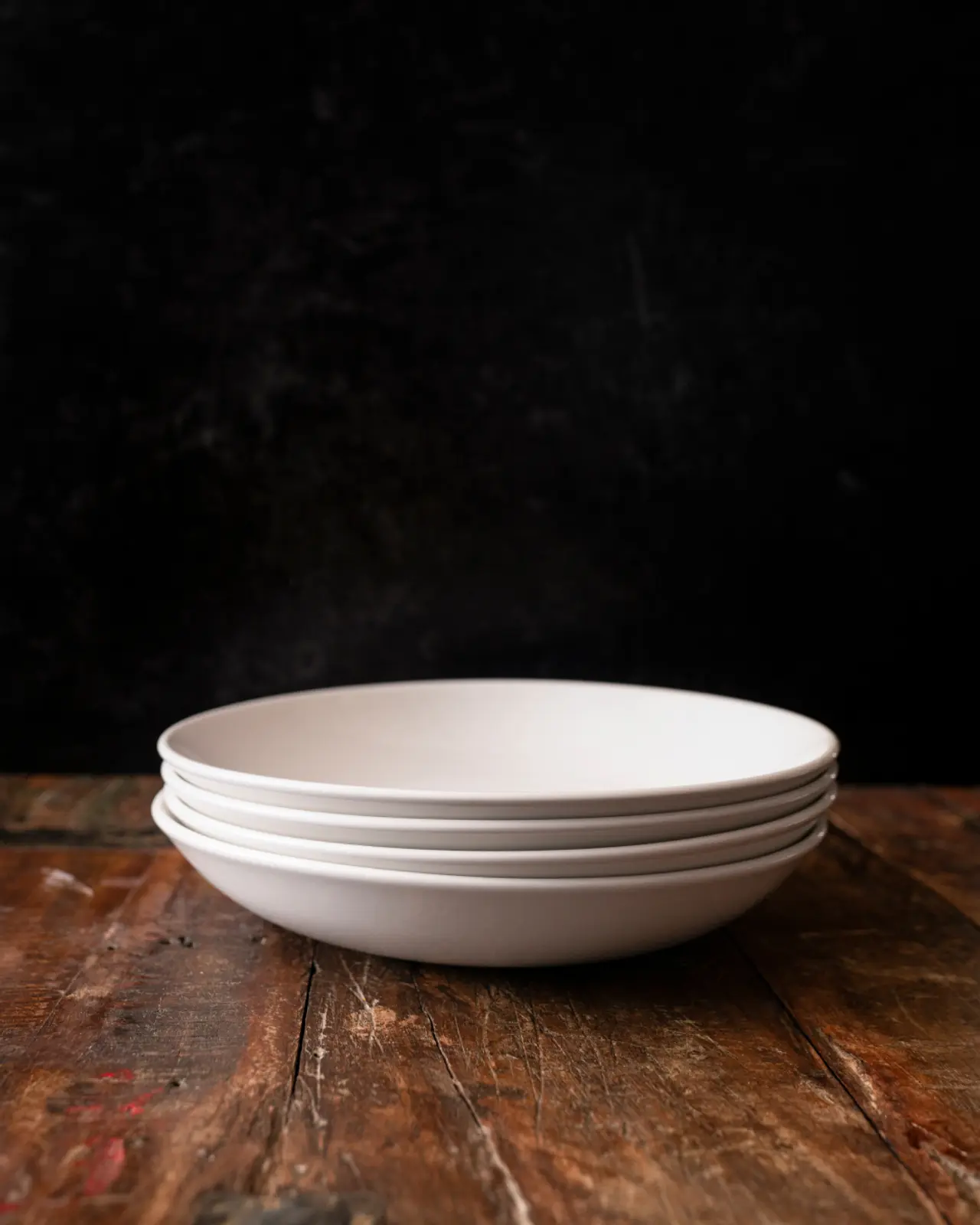Roll cutting or oblique cutting is a technique used to cut long vegetables like carrots, zucchini, or cucumber. This technique isn’t just for raw vegetables, though a selection of roll cut vegetables on a crudite platter would be lovely. Roll cutting is also great for stir fry, where you are looking for pieces that are similar in size so that they cook at the same rate.
It’s used in plenty of dishes, but one of our favorites is Woon’s Cold Tofu and Cucumber Salad, where if you didn’t cut it this way, you wouldn’t end up with the same texture. “I like to use a roll cut so that there’s more surface area for the vinaigrette to soak in,” says Keegan Fong of Woon in Los Angeles.
Think of mastering the roll cut as a simple, low-stakes way to sharpen your knife skills. “Some of our dishes are really prep-heavy,” says Fong, citing the smashed radish salad, “but I used to make the tofu cucumber salad in college when cucumbers were in danger of going bad in the fridge.”
Fong recommends using the 6 Inch Chef Knife for this, as its shorter, slightly curved blade gives him more control. Here are some tips for mastering this cut for use in your next crudite platter or recreation of Woon's salad.
Get the Angle Right
Hold your knife at about a 45-degree angle from your vegetable. A wider angle will give you a wider cut, exposing more surface area of the vegetable. Press down and make a diagonal cut.
Roll, Roll, Roll
Now, for the roll in question. Rotate your vegetable 90-degrees, or a quarter turn. Cut straight down again at the same angle.
Keep It Up
Continue this technique down the length of the vegetable. With cucumbers and Japanese eggplants, this is simple, as the vegetable remains relatively the same size all the way down.
For tapered vegetables like carrots or parsnips, adjust the position of the knife. The thick end should have acute angles (less that 90 degrees, geometry was a long time ago) and the thinner end should have obtuse angles (greater than 90 degrees).
Once you are finished, you should have a vegetable that is cut into similar sized but slightly differently shaped pieces. They are uniform without being identical, making them visually pleasing and also easier to cook. Try this technique out next time you’re prepping vegetables for a stew or stir fry.


